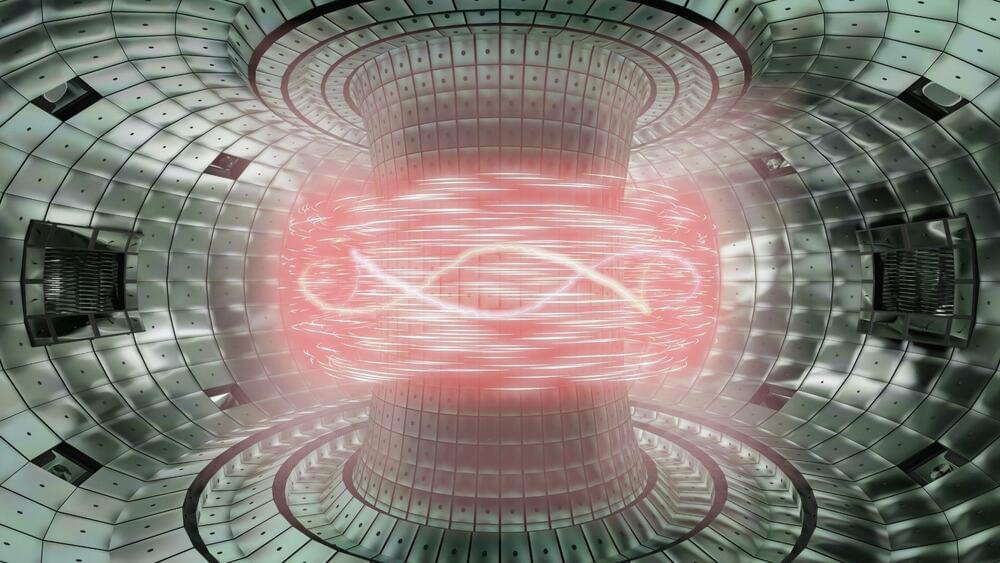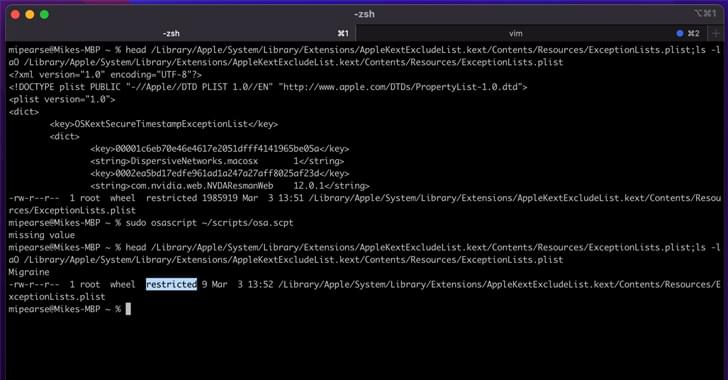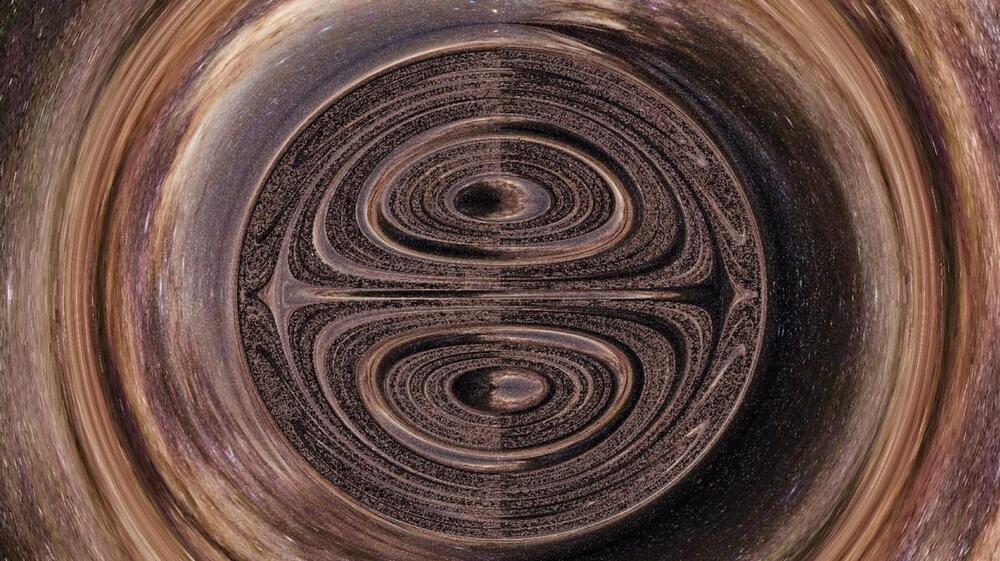In a special report by Reuters, various industry experts were asked their opinions on the looming issue of AI deep fakes for the upcoming 2024 US elections.
As reported by Reuters, next year’s elections in the United States are likely mired with ever-sophisticated deepfake videos and audio. The rise of artificial intelligence (AI) tools like Midjourney and FakeYou have made it nye-on child’s play to generate realistic-looking images, videos, and audio files that are very difficult at times to distinguish from reality.
According to Reuters, there has been a significant increase in the creation of “synthetic” media of late using new “generative AI” tools like Midjourney.
Mrolands/iStock.





